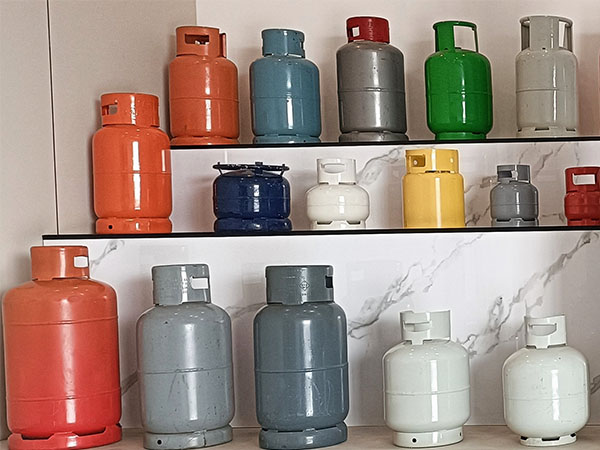
JUNE 17
We have found during our communication with customers that some of them are not clear about the standards for selecting LPG cylinders. There are several key factors to consider to ensure the safety, suitability, and cost-effectiveness of LPG cylinders. Here are the most important selection factors:
Capacity and Size
Capacity: The capacity of the cylinder is usually measured in kilograms or liters. Choose the appropriate capacity based on the demand of the scenario. For example, households typically choose small cylinders (e.g., 5 kg or 12 kg), while commercial or industrial use may require larger cylinders (e.g., 50 kg or more).
Material and Manufacturing Quality
Material
Cylinders are usually made of steel or composite materials. Steel is durable and cost-effective, while composite materials are lightweight and corrosion-resistant but more expensive.
Manufacturing Quality: Choose cylinders that meet relevant certifications and standards, such as ISO and CE. These certifications ensure that the cylinders adhere to strict quality control and safety standards during the manufacturing process and pass leak tests.
Safety
Safety Valves and Explosion-Proof Devices: Check if the cylinder is equipped with safety valves, explosion-proof devices, and overpressure protection to prevent accidents caused by overpressure or leaks.
Inspection Marks: Ensure the cylinder has regular inspection marks, indicating it has undergone safety checks and tests. Note that different countries have different inspection standards for LPG cylinders, and the specific re-inspection periods need to be based on local policies and regulations.
Suitability
Gas Type: Different types of gases (e.g., LPG, propane, butane) require different cylinders. Ensure the cylinder chosen is suitable for the required gas type.
Usage Scenarios: Choose the appropriate cylinder based on the usage scenario (e.g., household, commercial, industrial). For instance, cylinders for outdoor use need to be weather-resistant and portable.
Price and Maintenance Costs
Choose the appropriate cylinder based on the budget, but do not focus solely on price at the expense of quality and safety. Consider the long-term maintenance and inspection costs of the cylinder. Some high-quality cylinders, though initially more expensive, may be more economical in the long run due to lower maintenance needs.
Convenience
Transport and Installation
Choose cylinders that are easy to transport and install, especially for scenarios requiring frequent replacement or movement.
Interfaces and Connectors: Ensure the cylinder's interfaces and connectors are compatible with existing equipment to avoid mismatches that could cause trouble and additional costs.
Environmental Factors
Environmental Adaptability: Consider the cylinder's adaptability to different environments, such as high temperatures, low temperatures, and humidity. Choose cylinders that are suitable for specific environments to ensure their performance and safety. Our cylinders are coated to have anti-corrosion properties, ensuring they can be used with confidence.
Prev:The difference between propane cylinders and lpg cylinders
Next:High-Quality 50KG LPG Cylinders Supporting Nigeria’s Growing Energy Demand

